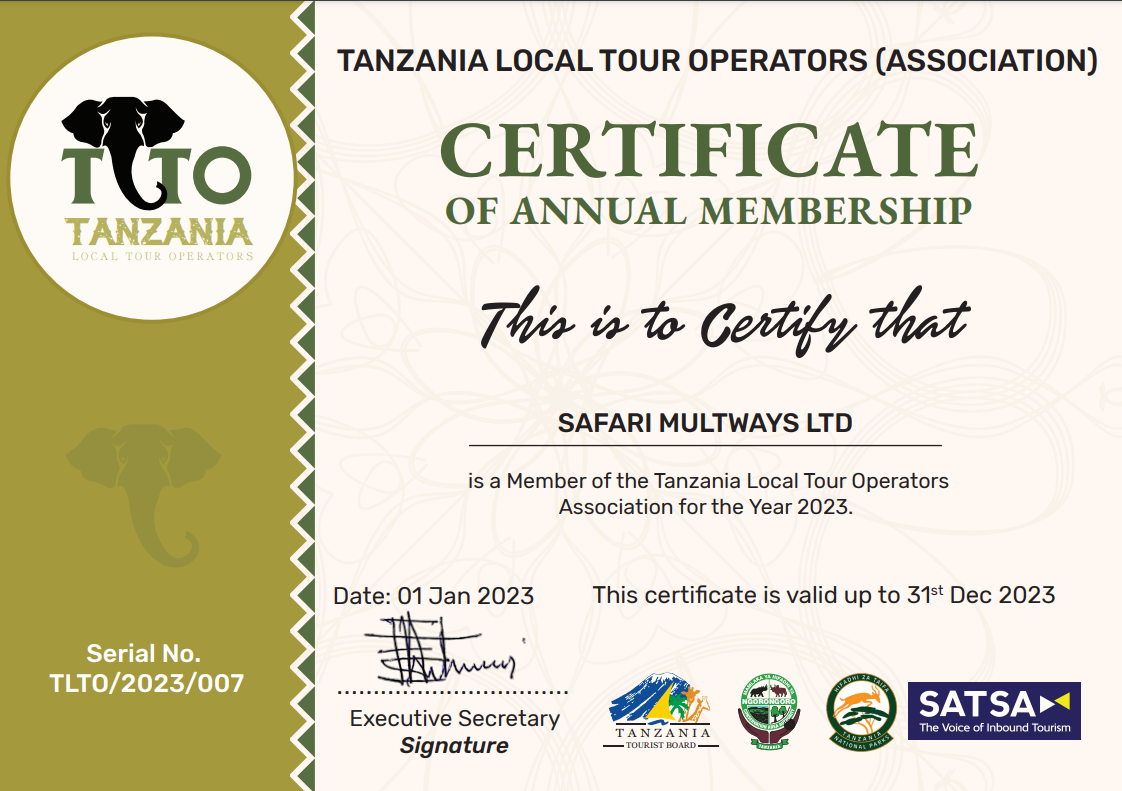Scaling New Heights: Minimum Age for Kilimanjaro Climb
Reaching New Heights: Minimum Age for Kilimanjaro Climb
Embarking on a journey to conquer the towering peak of Mount Kilimanjaro is a dream for many adventurers around the world. Standing at an impressive 5,895 meters (19,341 feet), this majestic mountain in Tanzania offers a once-in-a-lifetime opportunity to reach new heights both physically and mentally. However, before setting foot on this challenging expedition, it is essential to understand the age requirements for scaling Kilimanjaro.
Age Requirements for Conquering Kilimanjaro Summit
As the highest freestanding mountain in the world, Mount Kilimanjaro presents a unique set of challenges that require a certain level of physical and mental maturity to overcome. The minimum age for climbing Kilimanjaro is typically set at 10 years old, although some tour operators may have a minimum age requirement of 12 or 16 years old. It is crucial to adhere to these age restrictions to ensure the safety and well-being of all climbers on the mountain.
Climbing Kilimanjaro is a strenuous and demanding feat that requires a high level of fitness, endurance, and mental resilience. The altitude, extreme weather conditions, and long hours of trekking can take a toll on even the most experienced climbers. For this reason, it is essential that younger climbers are physically and emotionally prepared for the challenges that lie ahead.
Before embarking on a Kilimanjaro expedition, it is recommended that climbers undergo a thorough medical examination to ensure they are fit enough to tackle the mountain. This is particularly important for younger climbers, as their bodies are still developing and may be more susceptible to altitude sickness and other health issues. It is also crucial for parents or guardians to assess their child’s readiness for such a physically demanding adventure and to provide the necessary support and guidance throughout the climb.
In addition to physical fitness, mental preparedness is equally important when climbing Kilimanjaro. The mental fortitude to push through exhaustion, discomfort, and self-doubt is essential for reaching the summit. Younger climbers must be able to cope with the mental challenges of high-altitude trekking and maintain a positive attitude in the face of adversity. Proper training, mental conditioning, and support from experienced guides and fellow climbers can help younger adventurers overcome these challenges and achieve their goal of reaching the summit.
While climbing Kilimanjaro is an awe-inspiring and rewarding experience, it is not without its risks. The safety and well-being of all climbers, especially younger ones, should always be the top priority. By adhering to the minimum age requirements, ensuring proper physical and mental preparation, and seeking guidance from experienced professionals, climbers of all ages can safely embark on the adventure of a lifetime and conquer the summit of Mount Kilimanjaro.



